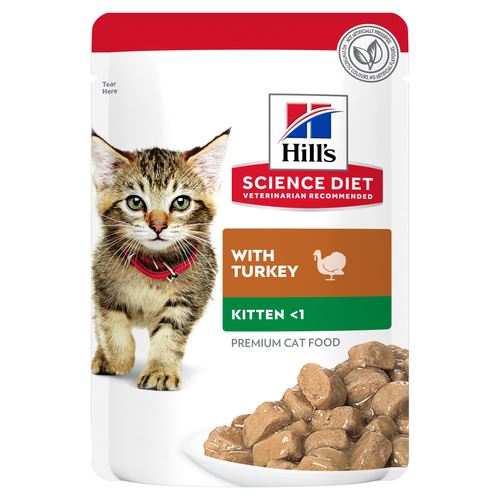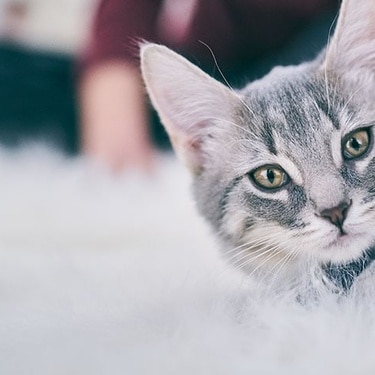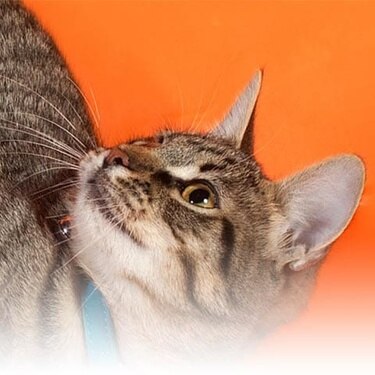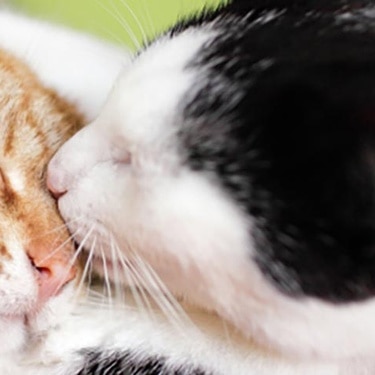
-
Find the right food for your petTake this quiz to see which food may be the best for your furry friend.Find the right food for your petTake this quiz to see which food may be the best for your furry friend.Health CategoryFeatured products
 Healthy Mobility Large Breed Chicken Meal, Barley & Brown Rice Recipe Dog Food
Healthy Mobility Large Breed Chicken Meal, Barley & Brown Rice Recipe Dog FoodAdvanced nutrition shown to support joint health and improve mobility
Shop Now Adult Perfect Weight & Joint Support Chicken & Brown Rice Recipe Dog Food
Adult Perfect Weight & Joint Support Chicken & Brown Rice Recipe Dog FoodThis weight management and mobility support dog food was created with Hill’s unique understanding of the biology of overweight dogs.
Shop Now Adult 6+ Large Breed Chicken Meal, Barley & Rice Recipe Dog Food
Adult 6+ Large Breed Chicken Meal, Barley & Rice Recipe Dog FoodSupports energy level, joint health, and beautiful coat in large breed mature dogs
Shop NowFeatured products Adult Chicken Recipe Cat Food
Adult Chicken Recipe Cat FoodSupports lean muscle and beautiful fur for Adult cats
Shop Now Adult 7+ Chicken Recipe Cat Food
Adult 7+ Chicken Recipe Cat FoodSupports energy level and beautiful fur in mature cats
Shop Now Kitten with Turkey Wet Food
Kitten with Turkey Wet FoodDelicious turkey chunks in gravy with omega-3 fatty acids for eye health and brain development in kittens, and high-quality protein to support muscle growth. Balanced levels of minerals for strong bones and teeth.
Shop Now -
DogCat
- Cat Tips & Articles
-
Health Category
- Weight
- Skin & Food Sensitivities
- Urinary
- Digestive
- Kidney
- Dental
- Serious Illness
-
Life Stage
- Kitten Nutrition
- Adult Nutrition
Featured articles Water
WaterWater is the most important nutrient of all and essential for life. Animals can lose almost all their fat and half their protein and still survive, but if they lose 15% of their water, it will mean death.
Read More Pet Food Storage Tips
Pet Food Storage TipsWhere you store your cat and dog food can make a big difference in the quality and freshness once it is opened. Here are some common questions and recommendations for optimal storage for all of Hill’s dry and canned cat and dog food.
Read More The Right Diet For Your Pet
The Right Diet For Your PetLearn what to look for in healthy pet food & nutrition, including ingredients, quality of the manufacturer, your pet's age, and any special needs they have.
Read More -


Your tiny tiger may have tried every kind of kibble from chicken to rabbit to fish, but can cats eat eggs? Yes, cats can eat eggs if you know the risks and benefits — cooked eggs can be a great treat to add to your cat's mealtime routine.
The Benefits of Eggs
Petcha includes eggs on a list of cat "superfoods." The author of the list, veterinarian Dr. Laci Schaible, says she offers her own cats some scrambled eggs once a week. The protein in eggs is easy for cats to digest, and eggs are packed with amino acids that help maintain lean muscle.
Salmonella: It's No Yolk
If you don't have time to scramble them up diner-style, can cats eat eggs raw? Absolutely not, says the American Verterinary Medical Association. That's because, just like humans, cats can contract salmonella or E. coli bacteria from consuming raw eggs (or raw meat). Symptoms of poisoning from these pathogens vary but can include vomiting, diarrhea and lethargy. The illness can even be fatal.
The Food and Drug Administration's Center for Veterinary Medicine warns against the recent uptick in pet parents feeding cats and dogs "raw diets," both for nutritional reasons and because of the dangers of salmonella and E. coli. Any contamination from raw meat can be transmitted to humans by feeding or handling pet dishes, and a bout with salmonella can be dangerous for someone who is very young, elderly or immunocompromised. Be careful to wash your hands after cooking meat or eggs for yourself, and keep your cat away from raw ingredients and other toxic human foods.


Tasty Tips
In addition to the dangers of salmonella and E. coli, Catster warns that raw eggs contain a protein called avidin that interferes with the absorption of biotin, the vitamin your cat needs to maintain her healthy skin and shiny coat. Cooking eggs denatures this protein and also provides a dose of biotin.
Don't Put All Your Eggs in One Basket
As with any food, never feed it to your cat without checking with your veterinary first. If you are feeding your cat eggs for the first time, keep an eye on her for a day or two to see if she has an adverse reaction. According to the Cummings Veterinary Medical Center at Tufts University, egg is a common allergy in cats and dogs — though it should be noted that the overall percentage of pets with food allergies is low. A food allergy can be one of the causes of itchy skin or ears, skin infections or gastrointestinal issues.
Want to see if your cat likes eggs? Great! After consulting with your vet to make sure it's a safe snack for your kitty, you can try serving them scrambled, hard-boiled or poached. Just remember to consider them a treat, and only feed your fur baby eggs as part of a balanced meal plan. For the rest of her meals, choose a high-quality, nutritionally balanced food like Hill's® Science DietTM Adult Chicken Recipe cat food. Keep her curious at mealtimes and give her food that fuels her growth, health and energy!


Kara Murphy is a freelance writer and pet parent who lives in Erie, Pa. She has a goldendoodle named Maddie.
Related products

Precisely balanced nutrition with the delicious taste of minced salmon to help build immunity and a healthy digestive system

Precisely balanced nutrition for indoor cats with the delicious taste of savory minced chicken

Over 70% of cats lost weight within 10 weeks when fed this nutrition

Over 70% of cats lost weight within 10 weeks when fed this nutrition
Related articles

Get helpful information on proper feline oral healthcare and why it's so vital to take care of your cat's teeth.

HillsPet Nutrition provides information on proper nutrition, fitness and special needs in keeping your cat healthy and happy.

As a responsible pet owner you owe it to yourself and your cat to understand problems associated with overweight cats.

Being overweight puts a cat at risk for developing many serious health issues. Weight gain indicates an increase in body fat and usually results when your cat eats too much and exercises too little.

Put your cat on a diet without them knowing
Our low calorie formula helps you control your cat's weight. It's packed with high-quality protein for building lean muscles, and made with purposeful ingredients for a flavorful, nutritious meal. Clinically proven antioxidants, Vitamin C+E, help promote a healthy immune system.
Put your cat on a diet without them knowing
Our low calorie formula helps you control your cat's weight. It's packed with high-quality protein for building lean muscles, and made with purposeful ingredients for a flavorful, nutritious meal. Clinically proven antioxidants, Vitamin C+E, help promote a healthy immune system.

